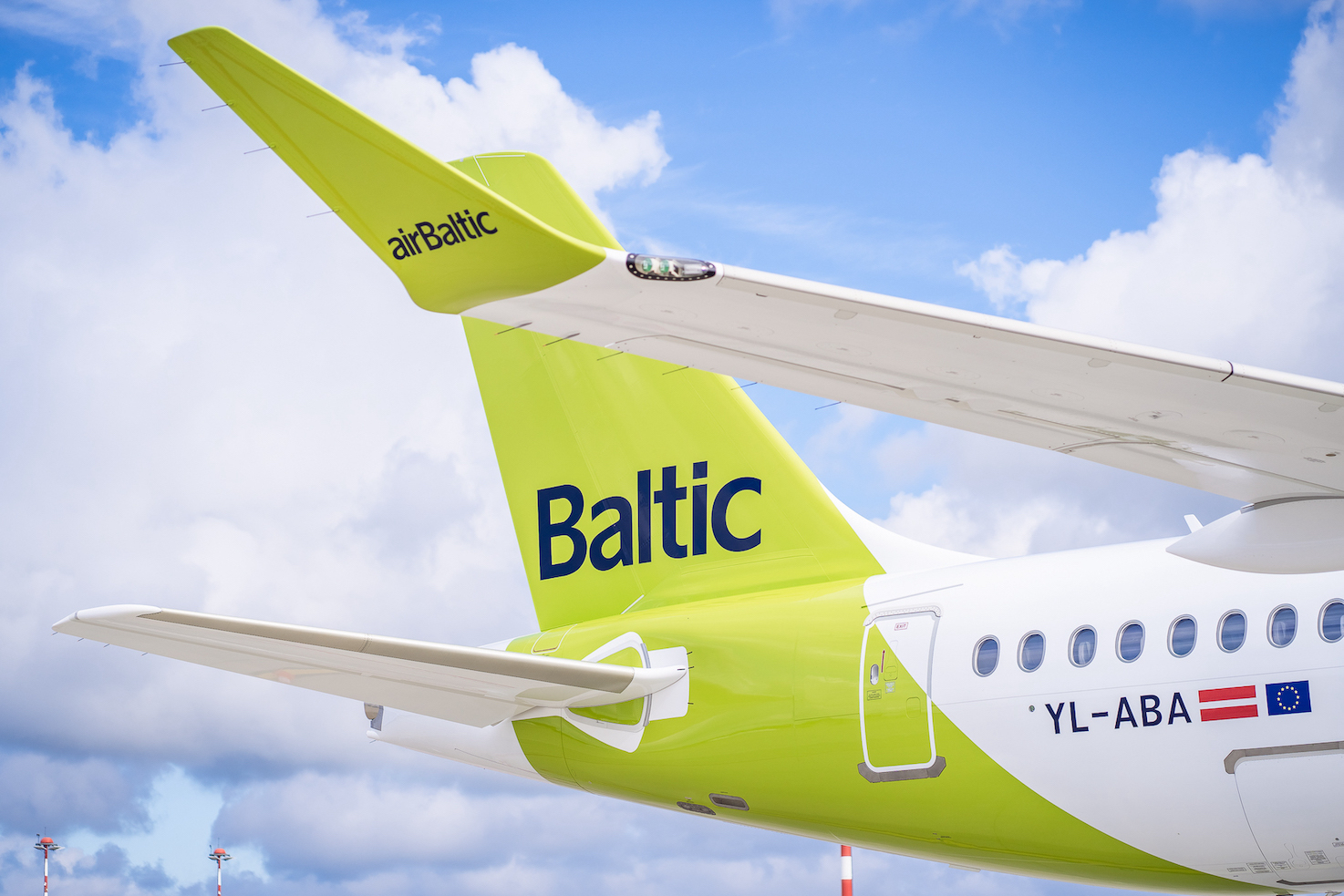Latvian airline airBaltic's net loss hit €40.6 million in its first quarter 2024 report, marking a greater loss from the same period last year of €10.3 million.
Its CEO and president Martin Gauss said: ""The airline experienced a net loss, primarily due to seasonal fluctuations and anticipated capacity limitations related to an unexpected Pratt & Whitney engine shortage in 2024.""
airBaltic read in its report: ""Minimal negative impact due to engine issues are expected for most of 2024’s peak summer season. But an anticipated engine shortage will develop later this year, as peak production will drive flight hours and cycles. The shortage is forecasted to start in late Q3 2024 and will primarily be related to the powdered metal issue."" It added that if the engine situation worsens, it ""may negatively impact [airBaltic's] operational performance and cash generating ability beyond management's current expectations.""
It added: “Although technically the airline did not experience a major shortage of engines in Q1, the utilisation of the fleet was negatively affected by engine flight cycle preservation policies. In Q1, the airline underutilised the aircraft to ensure that it has more flight cycles during the peak summer season and thus minimize the probability of network disruptions due to shortage of engines.”
The airline is in ""continuous talks"" with Airbus Canada and Pratt & Whitney to ""secure sufficient commercial support"" to address the issue.
While revenues climbed 27% year-on-year to €132.3 million and its EBITDAR swung to a positive €17.1 million, up from a negative €2.3 million, its operating expenses was at €132.3 million, up from €104 million in the first quarter 2023. Fuel expenses, its largest cost item in the first quarter, were up from €29.3 million last year to €34.4 million in this year's first financial period ending March 31, 2024.
""For 2024, the airline has hedged 37,000 tonnes of jet fuel, representing 20% of its total expected fuel consumption in 2024, at an average price of €749 per tonne,"" the airline read in its report.
It added: ""An increasingly significant part of the total costs can be attributed to the costs of the carbon emission allowances which are part of the EU, CH and UK emission trading system requirements."" The cost of the allowances had risen from a negative €8.4 million in 2023's first financial quarter to a positive €2.3 million in the first three months of this year.
Additionally, its finance expenses surged to €145.3 million, up from €106.7 million in the same financial period a year prior. Its foreign currency exchange losses were at €10.9 million, swinging from last year's first quarter gain of €8 million.
Though, the airline saw an improvement of 20% in its passenger numbers, which were at 926,000, with its load factor up 4.9 percentage points to 75.9% in the first quarter of the year.
Gauss added: ""Looking ahead, we continue our successful course towards the potential IPO as early as the second half of the year."" The airline said the IPO event could ""raise new equity of up to €300 million"".
As of March 31, 2024, its cash and cash equivalents were at €29.4 million, down from €35.4 million at the end of the first financial period last year. Operating cash flows improved 4% year-on-year to €38 million. Its net debt was up 14.3% to €1.1bn.
Its guidance for the year ahead remains unchanged and expects total revenues to be around €750-800 million. At the beginning of May 2024, airBaltic had successfully priced a €340 million 14.50% 5.25-year (five years and three months) senior secured bond.
airBaltic reports first quarter 2024 net losses

